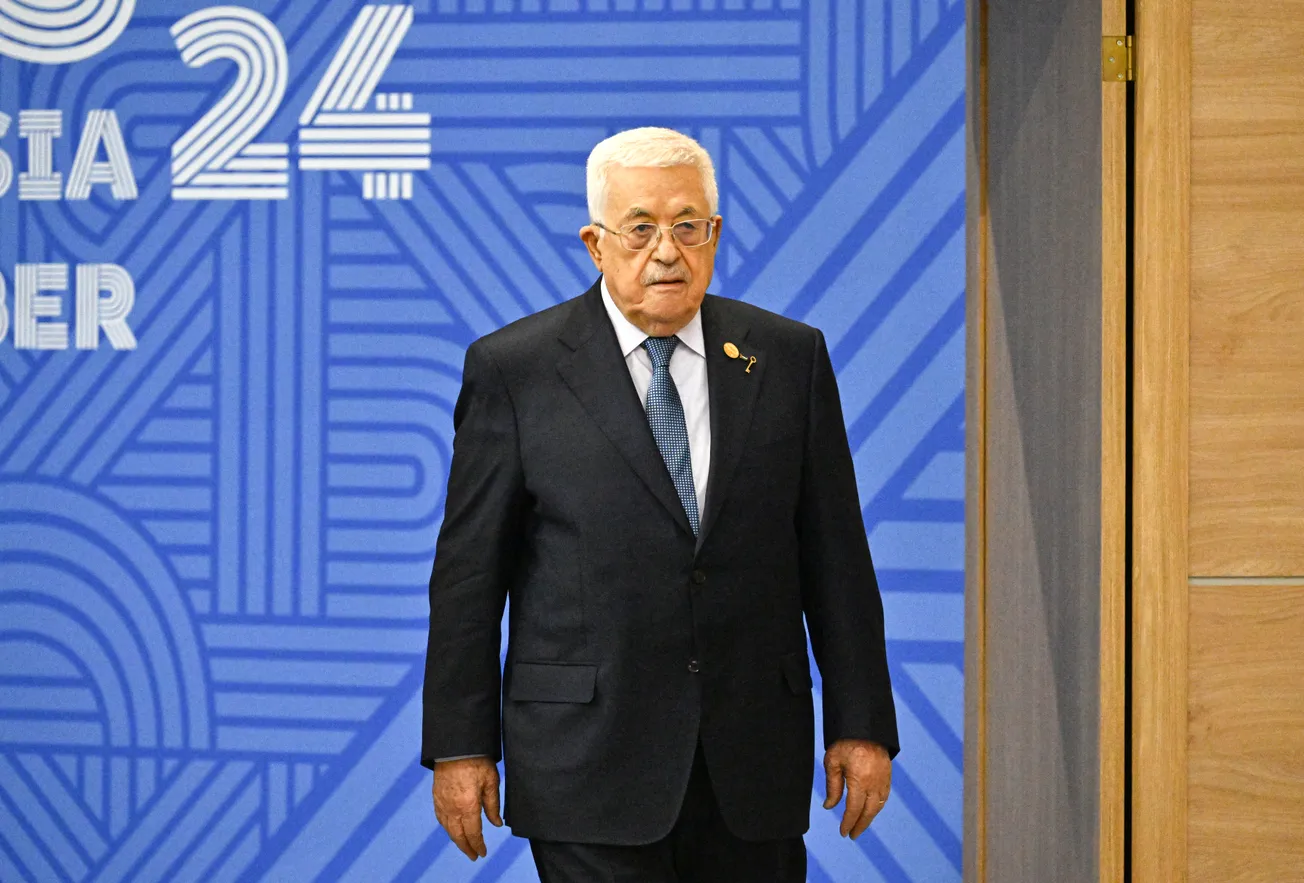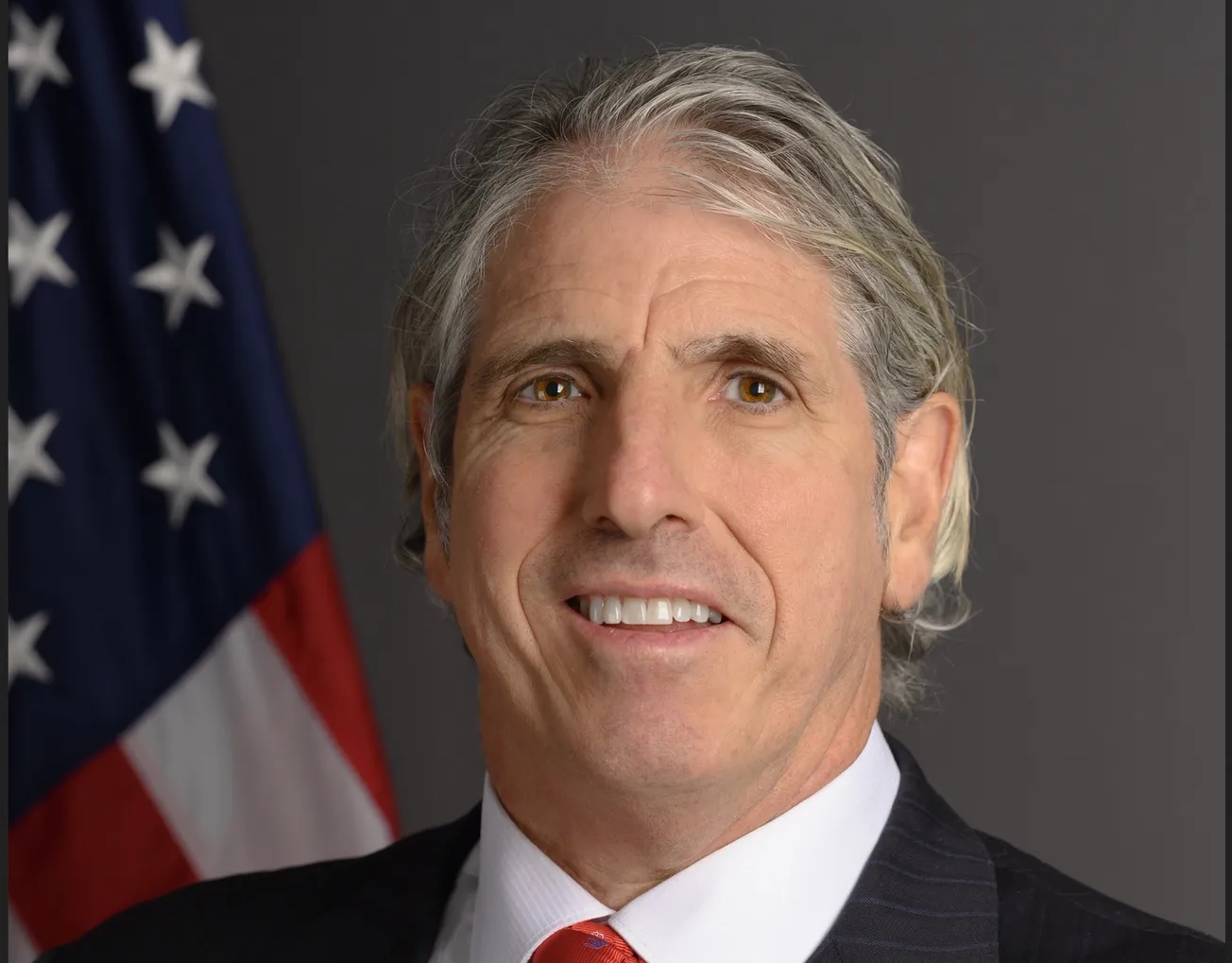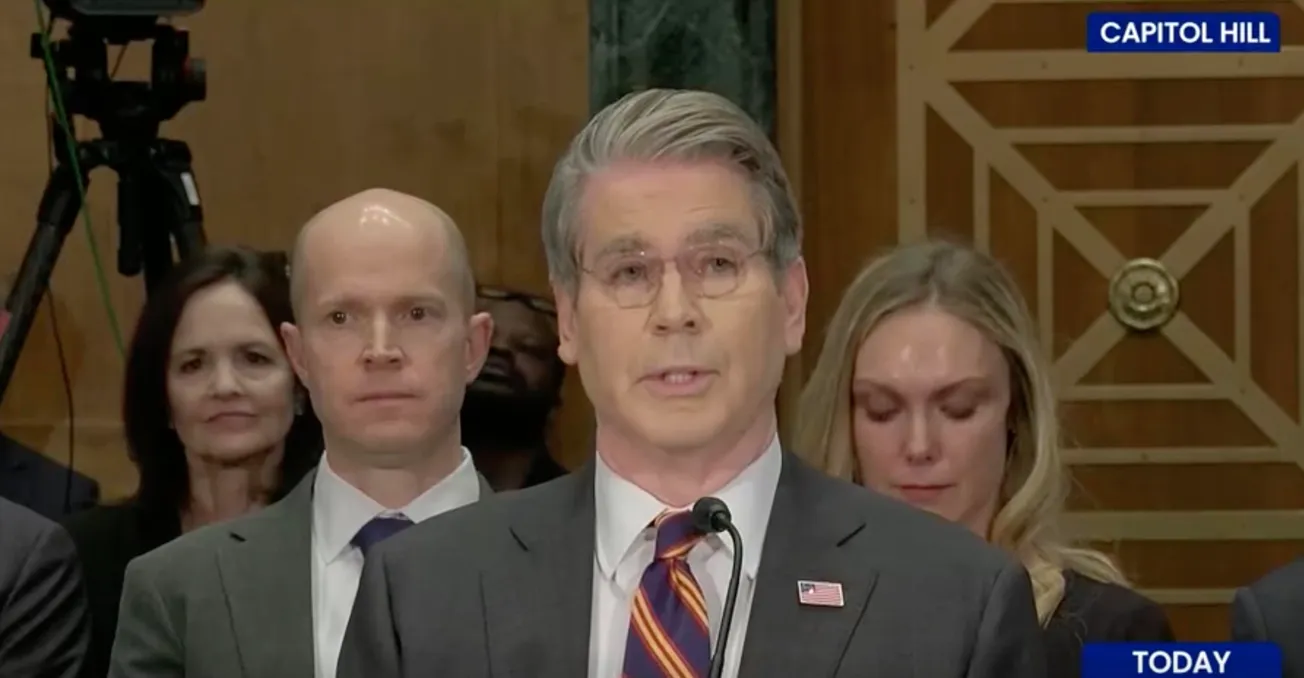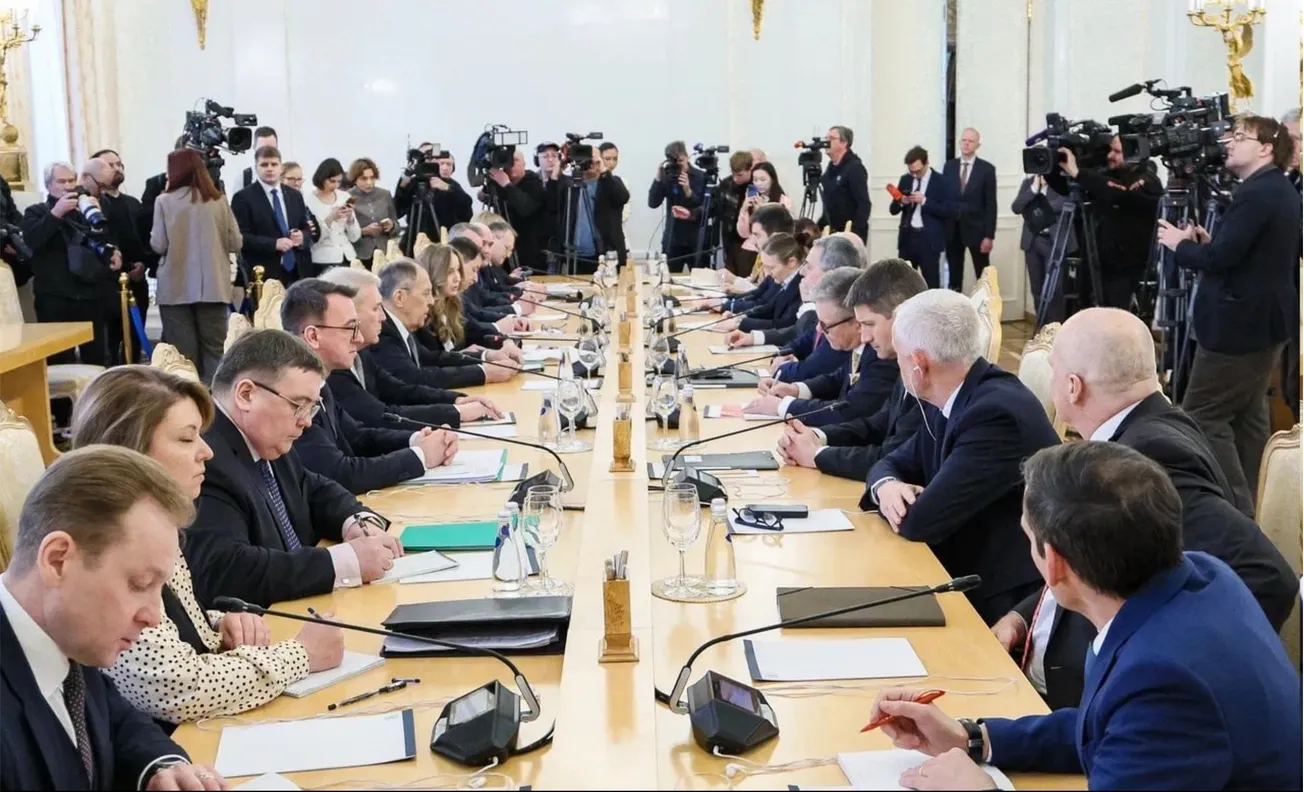Palestine President Mahmoud Abbas on Oct. 24—the day of the BRICS Outreach session in Kazan, Russia—addressed the many other heads of state and government, during which he called for holding an international peace conference. “We rely on the BRICS countries, which have become an influential and decisive force, in establishing the foundations of international peace and security.” Among the points he made, he argued for sanctions on Israel, and spoke of justice for the Palestinian people as “the most important test at this historical moment.” He spoke of the United Nations to supervise such a peace conference, which should involve the various “stakeholders.”
President Vladimir Putin, who chaired the BRICS Outreach format meeting, responded to President Abbas by acknowledging the call for a peace conference. The two leaders also met personally the same day, joined by Palestinian officials, and by Russian Foreign Minister Sergey Lavrov, Kremlin spokesman Dmitry Peskov, and Presidential Aide Yury Ushakov.
When Abbas was in Moscow on Aug. 13 to meet with Putin, the Palestine President brought up the peace conference request. An Interfax report on Aug. 13 carried WAFA news agency’s account which read: “President Abbas stressed the need for the international community … to hold an international peace conference to give hope to the Palestinian people that the international community is serious about preserving the remaining possibility of implementing the two-state solution.”
Schiller Institute founder and chairwoman Helga Zepp-LaRouche this week also reiterated her call for an international peace conference for the emergency in Southwest Asia. Addressing the 73rd consecutive weekly meeting of the International Peace Coalition Oct. 25, she spoke of needing a “whole package” of measures for the region. “We need an immediate ceasefire, a two-state solution, the Oasis Plan, a regional peace conference for the entirety of Southwest Asia, and a new global security and development architecture in which then the issue of Palestine and the two-state solution is one feature. I think if we would get all the forces of the International Peace Coalition and other peace groups—because there are many other peace groups around the world that are also fighting. But we have to get all of them to put this big package on the agenda for it to work.”





